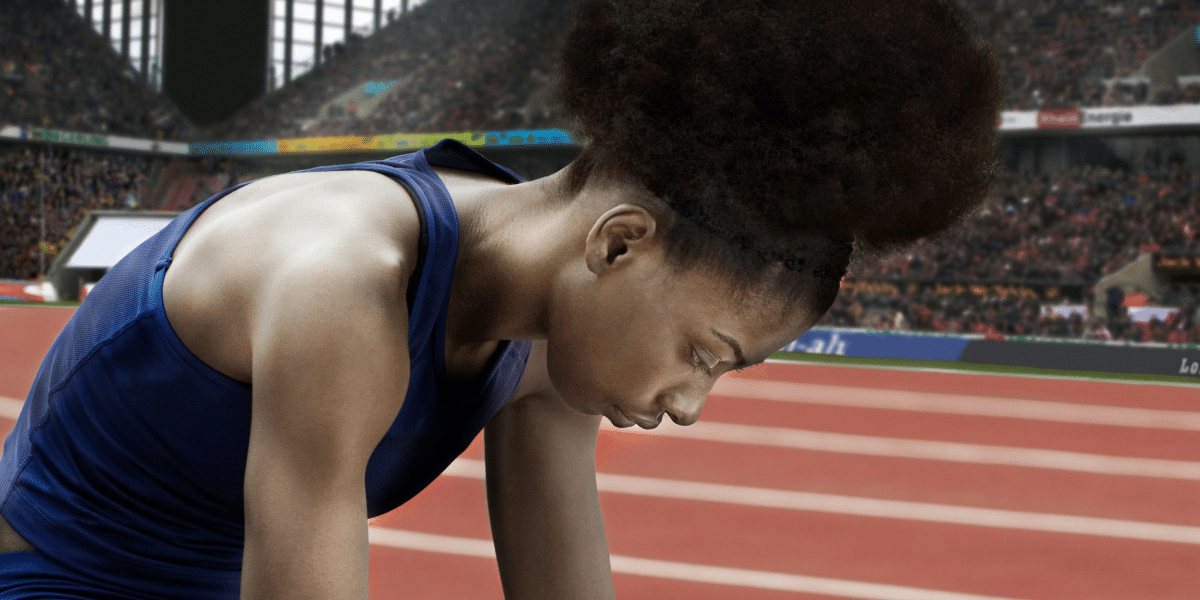Athletic performance is often measured by physical metrics such as strength, endurance, and speed. However, there’s a growing recognition of the crucial role mental health plays in an athlete’s success. While physical conditioning is essential, mental well-being is equally vital, influencing everything from focus and motivation to resilience and recovery. As awareness of mental health issues increases, the sports community is beginning to address the stigma that often surrounds mental health in athletics.
The Mental Health-Athletic Performance Connection
Mental health and athletic performance are deeply interconnected. An athlete’s state of mind can significantly impact their ability to train effectively, compete, and achieve their goals. Stress, anxiety, depression, and other mental health issues can impair concentration, reduce energy levels, and even lead to physical symptoms like fatigue or injury. Conversely, positive mental health can enhance focus, increase motivation, and improve overall performance.
For instance, consider the mental preparation required for a marathon. Running a marathon is as much a mental challenge as it is a physical one. Training for such an event involves not only conditioning the body but also developing the mental fortitude to push through pain and fatigue. Tools like a marathon time calculator are commonly used by athletes to set realistic goals and track their progress, but without the right mindset, even the well-prepared runner can falter.
Breaking the Stigma
Despite the clear link between mental health and performance, many athletes are hesitant to address their mental health needs. The stigma associated with mental health issues in sports often leads to silence, with athletes fearing that speaking up might be seen as a sign of weakness. This stigma is particularly pronounced in high-stakes environments, where the pressure to perform can be immense.
However, the tide is beginning to turn. High-profile athletes like Naomi Osaka, Simone Biles, and Michael Phelps have openly discussed their struggles with mental health, challenging the perception that mental health issues are incompatible with athletic success. These athletes have shown that seeking help and prioritizing mental well-being is not a sign of weakness but a critical component of overall health and performance.

Supporting Mental Health in Sports
As the conversation around mental health in sports evolves, it’s essential for the sports community to foster an environment where athletes feel supported. Coaches, trainers, and sports organizations play a crucial role in this regard. Providing access to mental health resources, encouraging open dialogue, and promoting a culture of acceptance can help athletes feel more comfortable addressing their mental health needs. In some cases, working with a mental performance consultant can be highly beneficial. These professionals specialize in helping athletes develop the mental strategies needed to enhance focus, manage stress, and maintain resilience under pressure.
Incorporating mental health practices into training routines is another effective strategy. Techniques such as mindfulness, meditation, and visualization can help athletes manage stress, enhance focus, and improve resilience. Just as athletes use tools to optimize their physical performance, mental health practices can be used to optimize mental performance.

Conclusion
The impact of mental health on athletic performance is undeniable. As the stigma surrounding mental health in sports begins to break down, athletes are increasingly recognizing the importance of addressing their mental well-being. By promoting a culture of acceptance and providing the necessary resources, the sports community can help athletes achieve their full potential, both mentally and physically. Just as physical tools and metrics are essential for measuring progress, mental health practices are crucial for sustaining long-term success in any sport.
Published By: Aize Perez

















